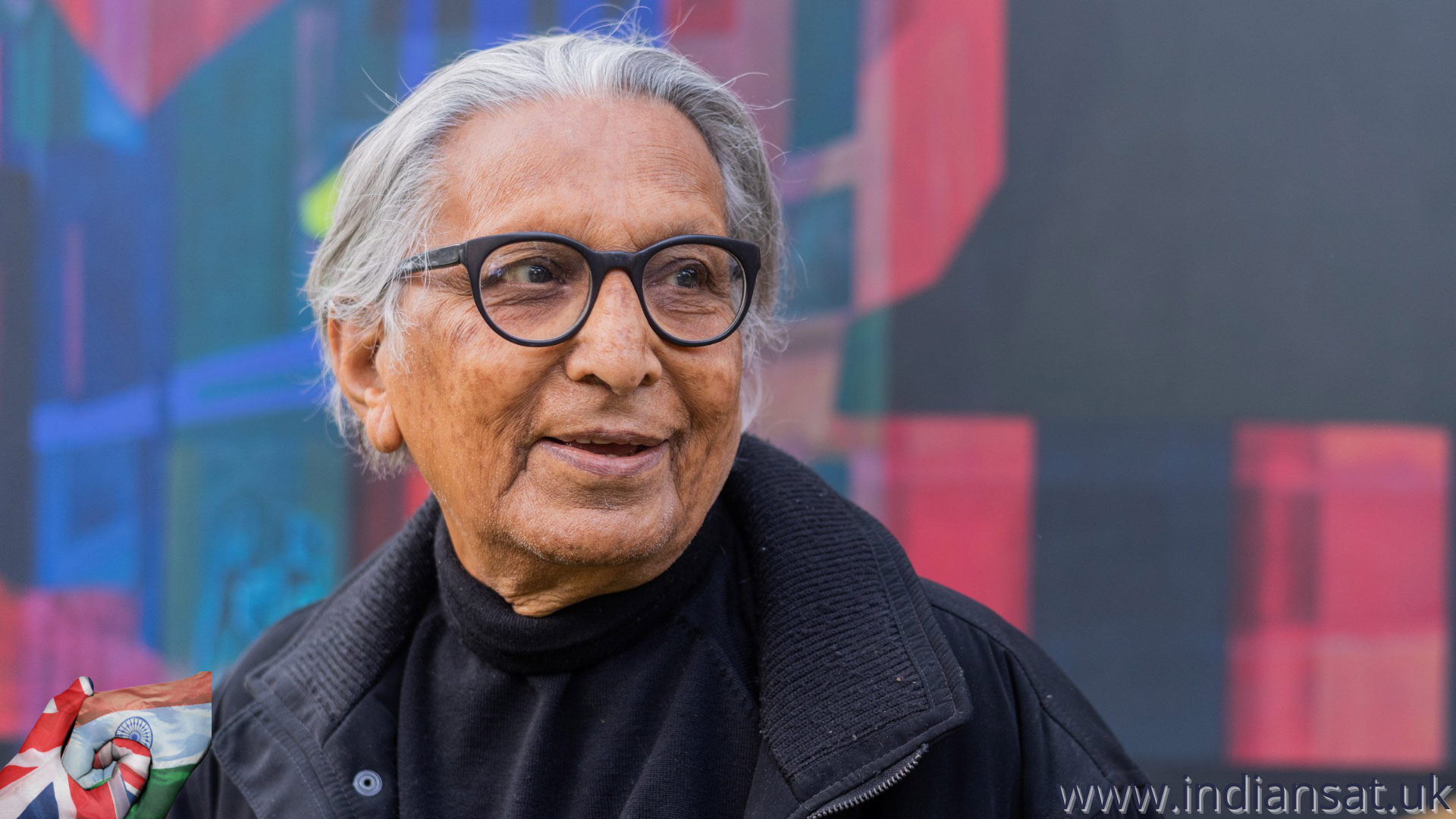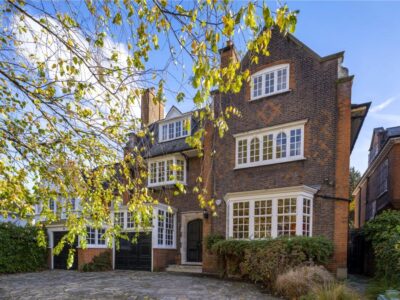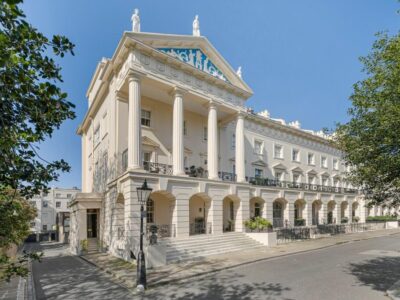Acclaimed Indian architect Balkrishna Doshi has won the Royal Gold Medal 2022, one of the world’s highest honours for architecture, the Royal Institute of British Architects announced on Thursday.
With a career spanning 70 years, and over 100 built projects, 94-year-old Doshi influenced the direction of architecture in India and its adjacent regions through both his practice and his teaching.
“Today, six decades later I feel truly overwhelmed to be bestowed with the same award as my guru, Le Corbusier – honouring my six decades of practice. I would like to express my heartfelt gratitude to my wife, my daughters and most importantly my team and collaborators at Sangath my studio,” Doshi added.
Prime minister Narendra Modi congratulated the acclaimed architect for his big achievement and said that his contributions to the world of architecture are monumental.
His projects include administrative and cultural facilities, housing developments and residential buildings. He has become internationally known for his visionary urban planning and social housing projects, as well as his work in education, both in India and as a visiting professor at universities around the world.
RIBA President Simon Allford also said that “it was an honour and a pleasure to chair the committee in selecting Balkrishna Doshi as the 2022 Royal Gold Medallist. He has influenced generations of architects through his delightfully purposeful architecture. Influenced by his time spent in the office of Le Corbusier his work nevertheless is that of an original and independent thinker – able to undo, redo and evolve.”
He collaborated with American architect Louis Kahn for over a decade and worked as an associate to build the Indian Institute of Management, Ahmedabad.
Doshi’s key projects in Ahmedabad include Shreyas Comprehensive School Campus (1958-63); Atira Guest House low-cost housing (1958); The Institute of Indology (1962) building to house rare documents; Ahmedabad School of Architecture – renamed CEPT University in 2002 – which focused on creating spaces that promoted collaborative learning; Tagore Hall & Memorial Theatre (1967); a 700-seat Brutalist auditorium.
His other projects include Premabhai Hall (1976) theatre and auditorium.
Doshi founded his own practice, Vastushilpa in 1956 with two architects. Today, Vastushilpa is a multi-disciplinary practise with multiple partners spanning three generations and has sixty employees.
![]()






